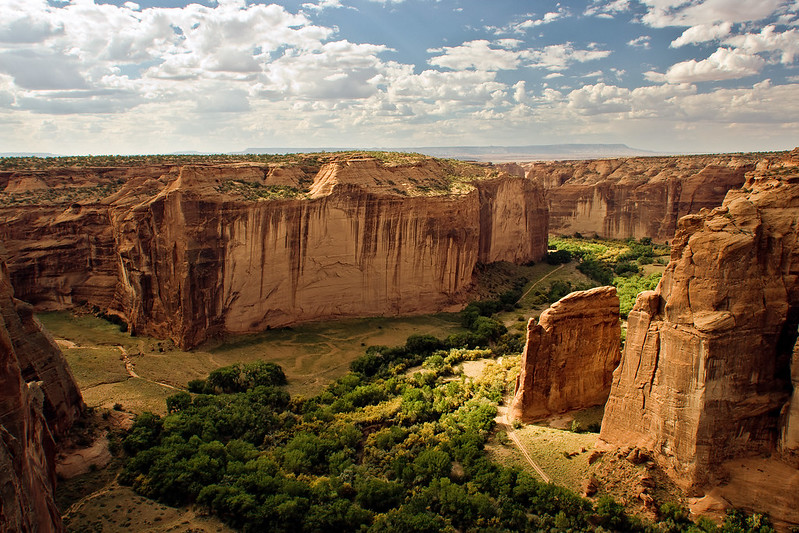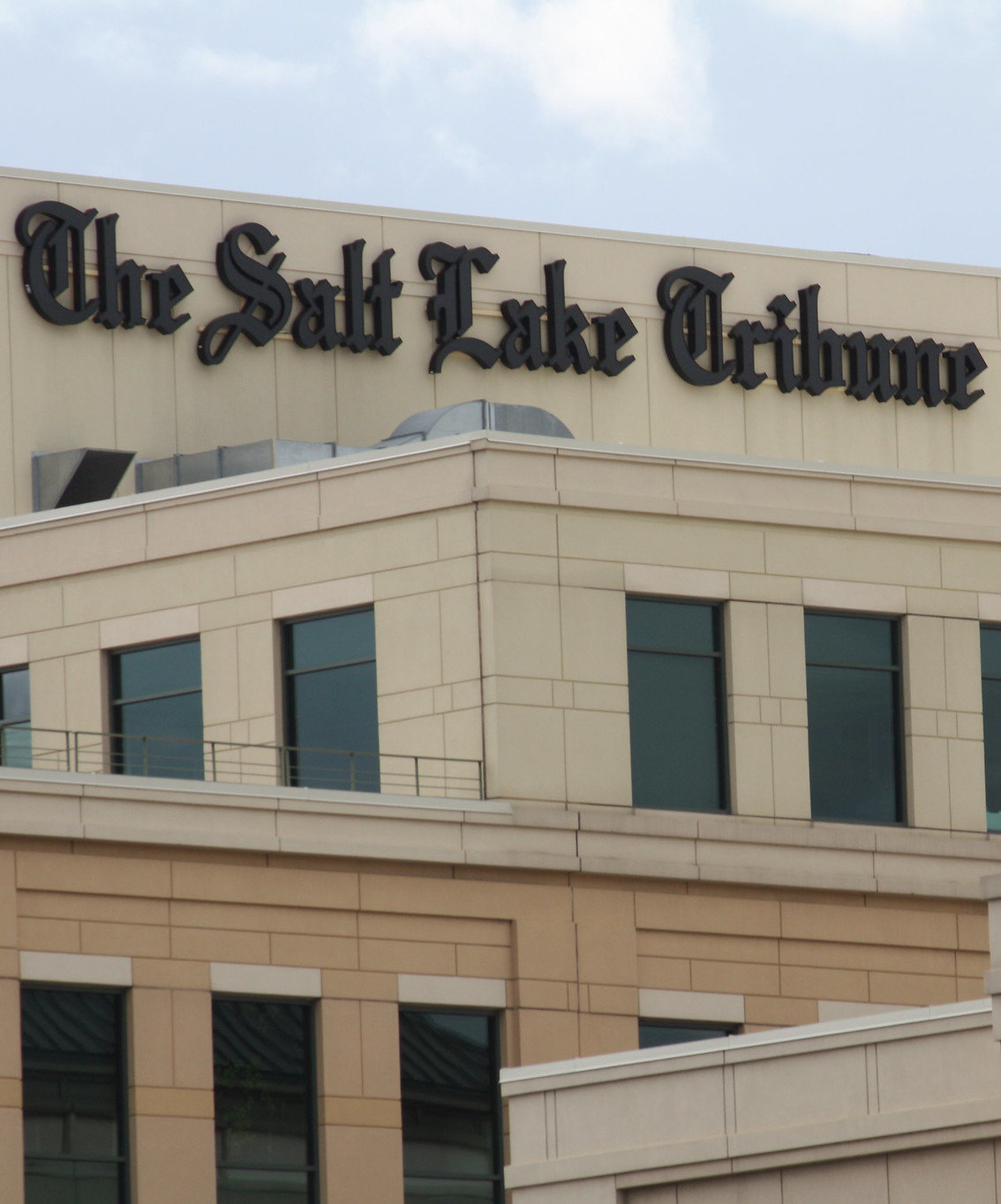Hi y’all,
I’m hard at work on my next post (about the Civil War in the West), but wanted to touch base in the meantime with a quick note about staying informed during these, well, tumultuous times.
I find myself having many conversations about where folks get their news. I’m not here to preach, since there’s no inherently right or wrong way to stay informed. But below are the strategies I use that not only keep me informed, but keep my stress level down, too.
I hope you find these tips useful. Read up, and I’ll have a fresh post for you next week.
— Jake
Tip 1: Subscribe to your local newspaper, and read it often
You’ve probably noticed that the stories I share in the “Worth a Read” section are usually from newspapers around the West. That’s because newspapers — even in their diminished state — still offer up the most robust local reporting. TV and radio stations have to condense stories into 30-second or 2-minute bites, so newspapers can expand a bit more on stories. In addition, newspapers typically provide a higher volume of local coverage.
Most newspapers have rigid codes of ethics, similar to what the Society of Professional Journalists demands. Though copy desks have all but been eliminated and most newspapers are short-staffed, they still produce rigorous reporting that’s laudable and, in many instances, irreplaceable.
And subscribing is important. Newspapers are shedding staff or closing down at alarming rates. The loss of newspapers is a threat to a functioning democracy, plain and simple.
I always recommend folks subscribe to their local and statewide newspapers (if the statewide isn’t their local one) and a reputable national paper (my favorites are the Los Angeles Times and The New York Times). If you can only afford to give money to a single publication, I’d rather it be your local paper than even Bitterroot.
Tip 2: Social media are *not* news outlets
I beg of you: Don’t make social media your primary news source. Twitter, Facebook, Instagram and the like flood you with information, but to be a well-informed citizen, you need the entire story, and you don’t get that from social media.
It’s important to remember social media platforms are not news organizations, so you shouldn’t treat them as such. These companies make money by sustaining your attention, so their algorithms are designed to feed you sensational stories, some of which are completely untrue.
So, if you see something on Twitter that sparks interest, click on the damn link. If the story is a reputable one (here’s how to tell), hey, you learned something. If the story seems suspicious, go to a different site to confirm what you’re reading (see Tip 1).
Tip 3: Understand the difference between news and opinion
Consider this the cable news and talk radio tip. Rush Limbaugh, Tucker Carlson, Rachel Maddow and the like do not deliver straight news — rather, they are opinion commentators. These folks tell you how to feel about the news. The same goes for columnists at newspapers, though they’re more easily labeled.
Consuming these programs responsibly takes a bit of homework — you have to ask yourself who the host’s target audience is, what voices she might be leaving out of her commentary, etc.
Or, you can take my approach and avoid cable news altogether.
Tip 4: The news should be enjoyable
This is so, so important. Y’all, I love reading the news. People often say the news depresses them, but that’s not the case for me. Here’s why.
Information gives me agency over my life. Take climate change. I read — often — about the bleak climate outlook our planet faces. I’m very, very concerned about the West’s water supply, snowpack, and wildlife. I worry about heat-related deaths, and climate-induced unrest.
But by continuing to read about climate change, I learn more about the issue and things I can actually do to make a difference. Thanks to news articles, I know about home retrofits (heat pumps!), lifestyle practices (ride a bike!), and landscaping (go native, baby!) that can make a difference. I also know about policies that are needed to curb climate change at a societal level. In other words, I don’t feel helpless.
And, most important, reading the news is how I learn. The West is a fascinating place, and it brings me such joy to learn what’s going on — good and bad — in Albuquerque, Boise, Los Angeles, and Wyoming every single day.
If the news is stressing you out, be more thoughtful about your consumption. Look to newspapers and other outlets that offer comprehensive stories. Seriously consider breaks from social media and cable news. And seek out solutions journalism.
One source of reputable news? Bitterroot. Share it with a friend.
Worth a Read
Top stories from around the West
A quick COVID rundown: Arizona’s legislature had to shut down because Rudy Giuliani and state Republicans wouldn’t wear masks. An Idaho public health commission vote was suspended because protesters were amassing at members’ homes during the meeting. Prisoners in Washington state say they’re being punished when they contract the virus. And California saw its highest daily death toll yet — a figure that will likely rise in the coming weeks.
•••
No matter how you slice it, 2020 was scary hot. Jonathan Thompson of High Country News has a map showing how climate change is obviously affecting the West.
•••
More from HCN — Sarah Troy goes long on how the prospect of an ICE detention center divided folks in Uinta County, where I grew up. Private prisons and detention centers are seen by some as economic boosts in many rural counties, like Uinta, that once relied on oil-and-gas revenue.
•••
We all owe Geoff Hill a debt of gratitude. This entrepreneur has designed a toilet that can minimize waste in backcountry areas — a huge issue on our most popular public lands, the Guardian reports.
•••
College courses are a mess this year. So why are schools charging full tuition? The Denver Post’s Elizabeth Hernandez dives in.
•••
Politico’s Annie Snider brings us a profile of Colorado rancher Paul Bruchez, a guy at the forefront of the water compromises that are needed to save the Colorado River. Ingenuity — and a willingness to try new stuff — will be critical as the West faces climate change.
Appreciate our work?
Your Land
An ode to the public lands we share

Share with a friend | Watch a cat video | View previous newsletters

